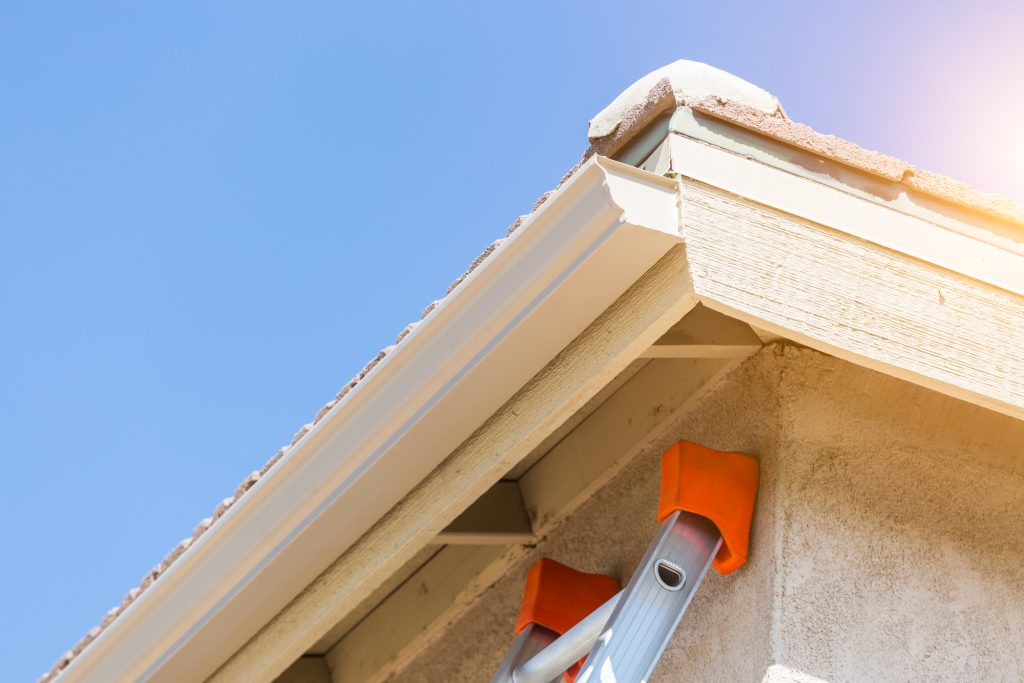
If you're in the market for a new HVAC system, you've come to the right place. Raleigh HVAC contractors are available to help you find the best system for you, whether you want to install a ductless air conditioner system or recharge your Freon.
Choose a qualified hvac contractor
When looking for an HVAC contractor in Raleigh, NC, it's important to choose a company with a good reputation. HVAC companies in Raleigh are very busy, so you'll want to choose one with a high number of positive customer reviews. The more reviews a company has, the higher their quality, and the greater their experience, the better. When you're choosing a company, make sure to ask for written estimates and ask questions about the products and services offered. You should also look for equipment rated ENERGY STAR r, as it has been shown that this reduces operating costs.
After a thorough inspection of your home, a reliable HVAC contractor can give you an accurate estimate. They should have references and should also be licensed and insured. Ask your friends and neighbors for referrals. Make sure to get references in order to be certain you're hiring the right contractor.

How to install a central air conditioner
Ductless air conditioning is a highly effective and energy efficient alternative to traditional central air systems. Its benefits include the elimination of ductwork, register boxes, and elbows. They are less costly and easier to set up than ductwork.
The ductless air conditioning units use chemical refrigerant in order to produce cold, cool air. If this refrigerant is not maintained properly, it will affect the cooling power. It is essential to service and maintain your unit regularly. Regular maintenance will ensure optimal performance and the lowest energy cost.
Multi-family and commercial buildings will love ductless systems. They are much more efficient than traditional systems of ductwork and installation is fast and simple. Additionally, a new ductless system can increase your existing HVAC system's cooling capacity so that the most frequently used rooms can still be cooled.
A duel-fuel system
Dual-fuel systems are a great way for homeowners to save money heating their homes on cold days. Instead of running the electric heater and gas furnace in the winter, the heat pump will switch over automatically and use the gas furnace to keep the home warm. This can lead to significant savings over the life of your home.

Dual-fuel systems also work well in areas without natural gas or oil. The heat pump can also act as a backup source and prevent your propane tank from freezing in winter. A dual fuel system can help reduce your heating expenses by reducing your electricity use.
Homeowners can enjoy the highest level of comfort with dual-fuel HVAC systems. They keep the indoor temperature consistent regardless of outside weather, and they improve indoor air quality by filtering out pollutants and allergens.
FAQ
What happens if one side doesn't agree to the deal?
If you fail to complete your part of the bargain, the law allows the other party to treat your promise as broken and sue you for damages. Damages include the amount owed plus interest, court costs, and legal fees.
Do I have to sign anything before starting work?
Yes, both parties must sign the SCA. This means that one party cannot change their mind without the consent of another.
How can I get a service contract agreement?
You can obtain a standard form of SCA from your local government or contracting authority. You may also use our online tool to generate a quote. Once you have found out enough information, please send us your details so that we may contact you with more information.
Statistics
- Don't take their anger personally, they are mad about the situation 99% of the time. (activatemylicense.com)
- While we offer all our high-quality services at competitive prices, we know that many who need our services are on fixed incomes, so we offer a 10 percent discount for seniors and military members. (homeservicecontractorsinc.com)
- (1) Except as provided in paragraphs (a)(4) and (a)(8) of this section, if the estimated amount of the contract or subcontract is $10 million or more, the contracting officer shall request clearance from the appropriate OFCCP regional office before- (acquisition.gov)
- Depending on the client's trustworthiness and financial stability, a deposit is usually 10 to 50% of the total contract amount. (lawdepot.com)
- (1) Ascertain the extent to that offers are based on the payment of overtime and shift premiums; and (2) Negotiate contract prices or estimated costs without these premiums or obtain the requirement from other sources. (acquisition.gov)
External Links
How To
What should a service agreement include?
A Service Agreement (SA) is essential to any business relationship. It describes what you expect of each other and how to achieve it. The SA also specifies when and where you expect each party to fulfill its contractual obligations.
The key elements of a successful SA are:
-
The scope of work and services required by both parties.
-
Details of payment terms including start date and end date for delivery of goods/services.
-
An agreed price for the project.
-
Any additional costs like VAT etc.
-
If there are any other issues that need to be addressed.
-
Who will be held responsible for any problems that may arise on the job?
-
How disputes can be resolved
-
What happens if a party breaches the contract.
-
What happens if there is a dispute
-
When does the contract come into effect?
-
What happens if one of the parties fails to perform.
-
What time do you need to pay your invoices?
-
Who pays for things such as travel expenses?
-
Where the money comes.
-
What happens if a client changes his mind?
-
What happens if the supplier doesn't turn up.
-
Who has the right to enter the site during construction?
-
What happens when the customer cancels a project?
-
What happens if the product is faulty.
-
What happens if the manufacturer refuses parts?
-
What happens if your equipment breaks down?
-
What happens if the project is delayed?
-
What happens when the work is not completed within the specified timeframe?
-
What happens when the project's quality falls below what you expected?
-
What happens to the cost overruns?
-
What happens to the materials if they are not delivered on-time?
-
What happens if the material arrives broken?
-
What happens to the products if they are not up-to-standard?
-
What happens when the job is cancelled before completion?
-
What happens if the company goes bankrupt?